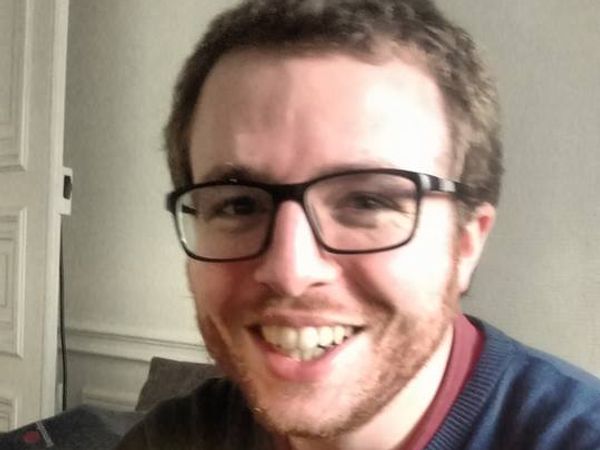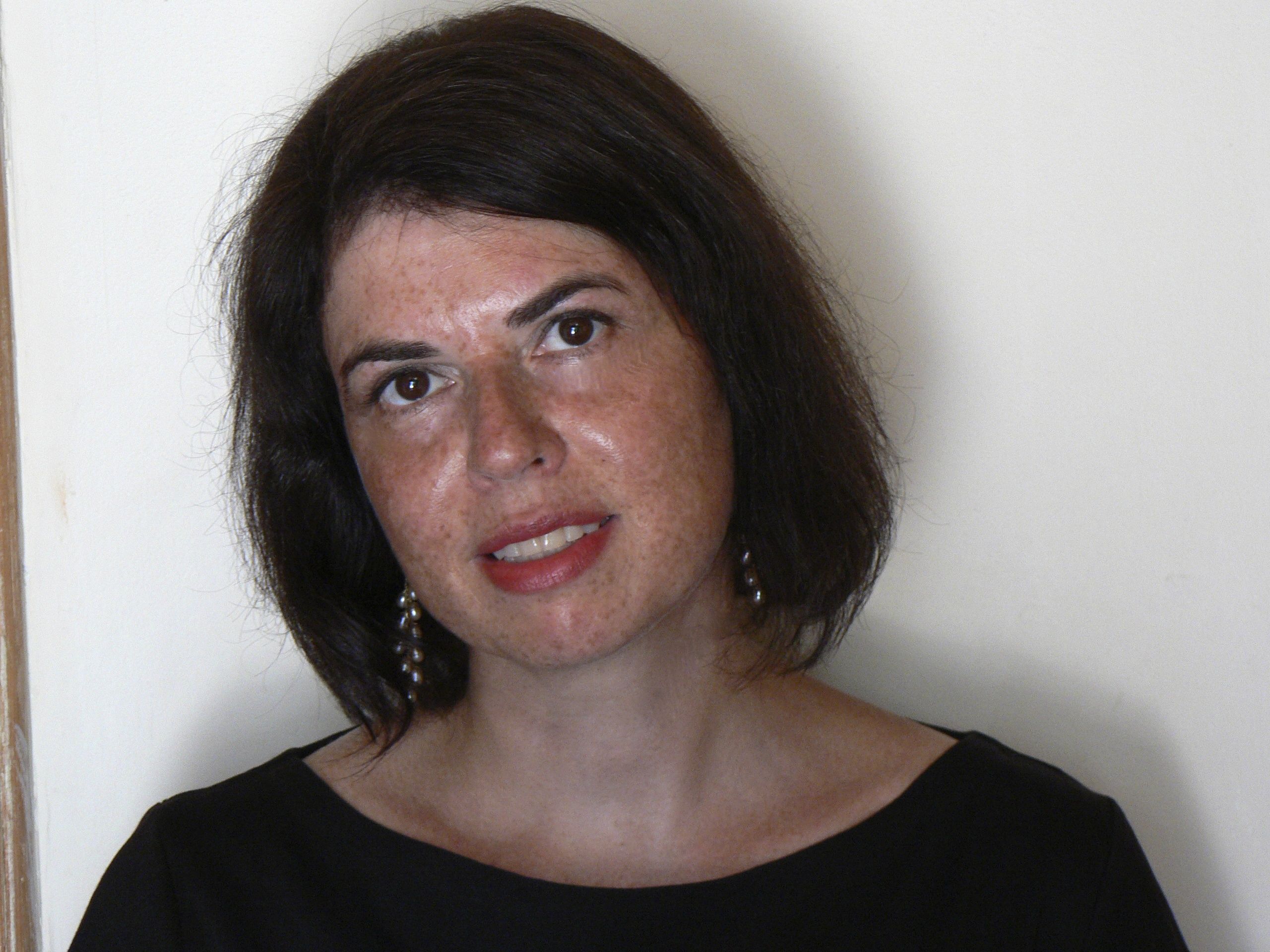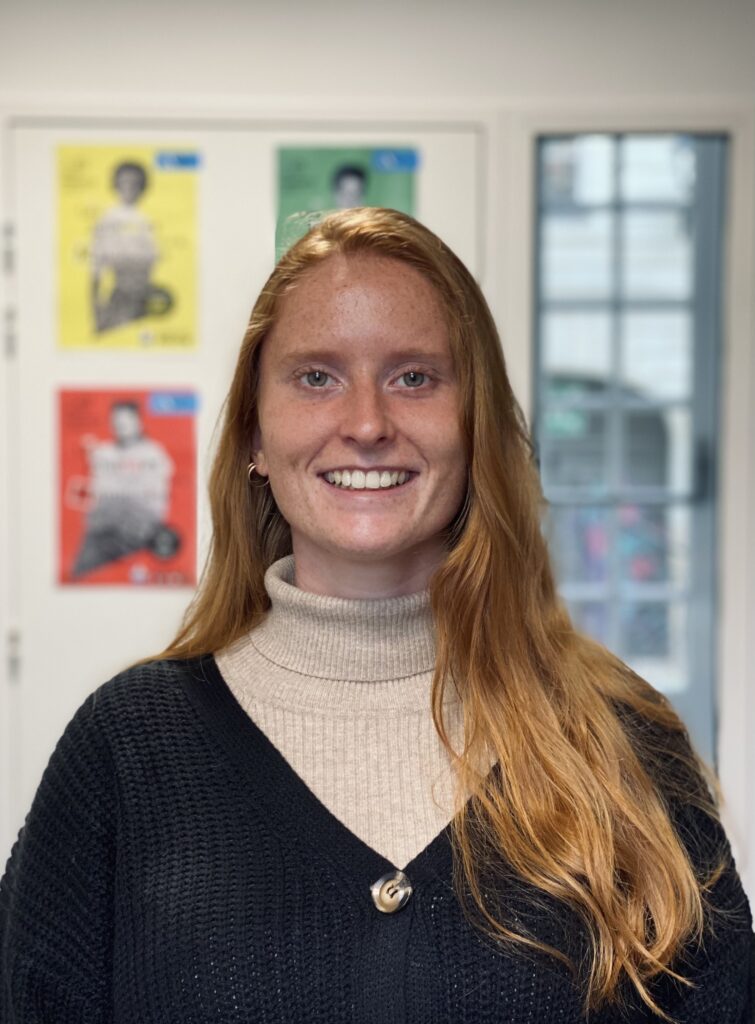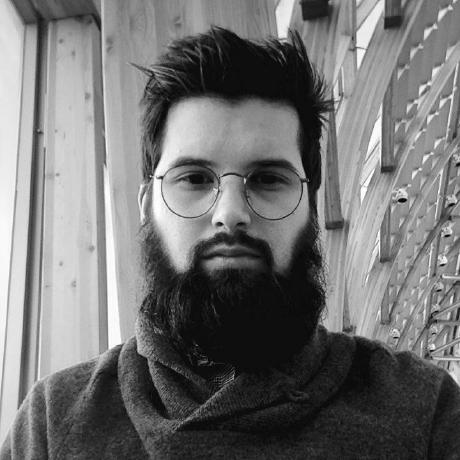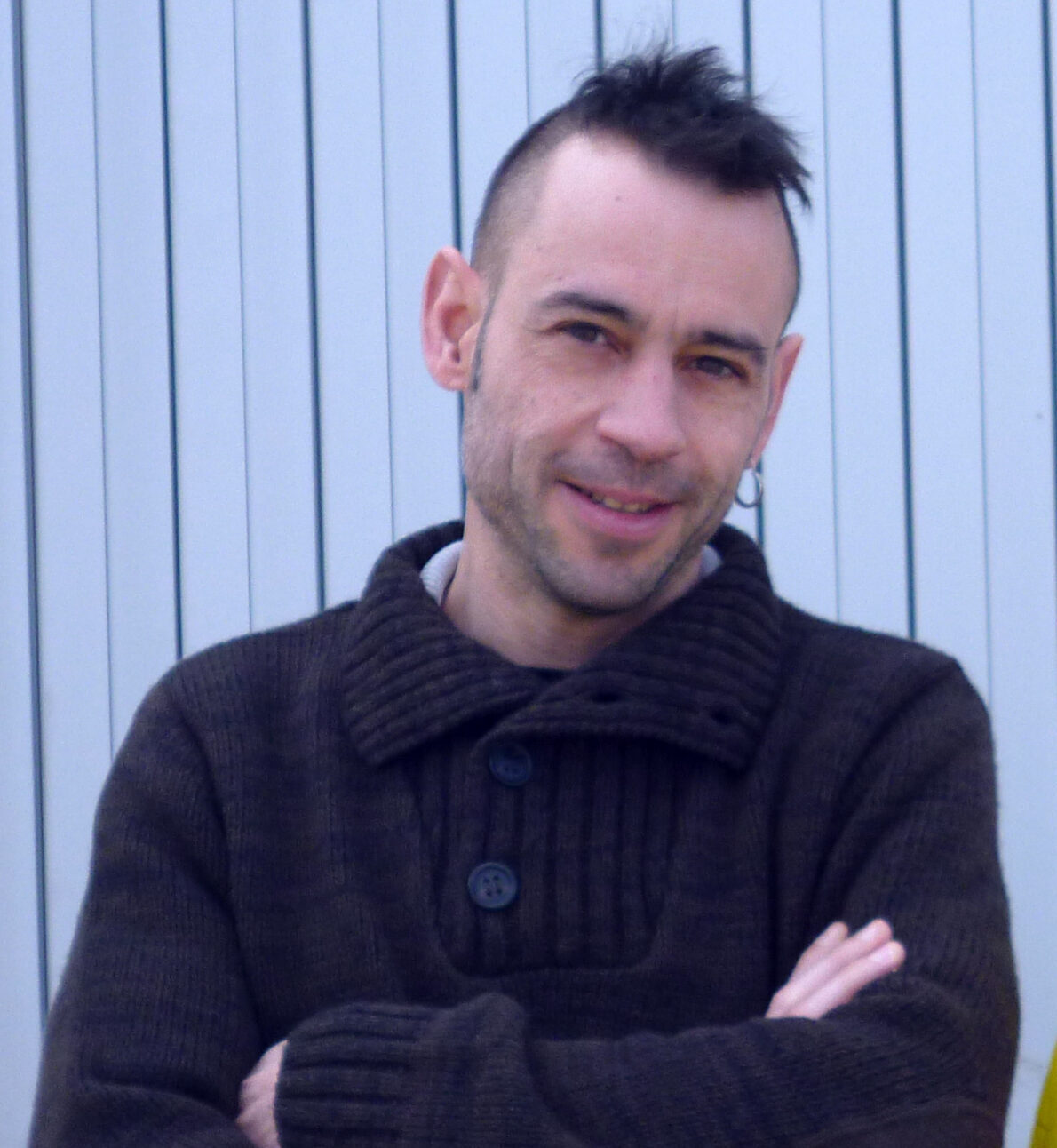In this interview that doctoral student Alizé Sibella gave to Culture Media Lab, she talks about her current research on Nantes’ heritage, the conditions of access to its resources and archives, and the work set up by Nantes Patrimonia to include citizens in a participative and inclusive policy.
You are writing your thesis on “The digital co-construction and valorisation of Nantes” heritage with the Department of Heritage and Archaeology of the city of Nantes/Nantes Métropole, the Heritage and Archaeology Department Archaeology and in collaboration with the DICEN-IdF laboratory of the University of Paris Nanterre. Can you tell us a little about your subject?
My thesis deals with the co-construction and valorisation of Nantes’s heritage in relation to the study of a cultural contribution platform, namely Nantes Patrimonia, managed by the city of Nantes. In order to inform citizens, this platform offers heritage content (including) discovery routes, thematic articles, news articles and an interactive map. The aim is to make information about the city’s heritage accessible to all, to encourage and enhance citizens’ contributions and to share and transmit the city’s history. The contributions are designed by various contributors (associations, individuals, institutions and heritage professionals) under the supervision of the city of Nantes. This project was born out of the observation that digital participatory devices have taken on an increasingly important role, particularly in the public heritage policies of the city of Nantes and the metropolis. In the framework of my Cifre thesis and during the next three years, I will study the dynamics of past but also current cultural practices, whether it is at the level of participation, construction, transmission, or valorisation of heritage on the territory of Nantes, nationally and internationally. I will also be interested in the contribution of digital technology in the context of mediation and enhancement. Finally, I will question the way in which digital solutions encourage citizen involvement in the definition of heritage. This will lead me to study the role of new technologies in the participation process and their reappropriation. Within the framework of this project, which is supported by a public policy of the city, the question of the legitimacy of public institutions and also that of citizens is raised.
What kind of legitimacy are you talking about? Or in what field?
I am referring to the legitimacy of public institutions to carry, lead and govern this kind of digital participatory digital device with citizens. The objective will be to analyse the role and place of institutional and institutional and non-institutional structures in the context of participatory processes. This issue will also be addressed from the perspective of citizens, by measuring their feeling of legitimacy regarding the knowledge of heritage in an institutional approach.
How did this thesis topic emerge?
I responded to a call for thesis proposals. During my master 2 last year, one of my teachers, Emmanuel Château-Dutier, gave me this call. Within the framework of the observatory of cultural contribution platforms supported by the ANR Collabora project, Marta Severo, director of this thesis, and Emma Filipponi studied the dynamics and digital spaces of knowledge co-construction around the history, heritage and memories of Nantes. As a result of their collaboration, the City of Nantes created a CIFRE thesis position to further the research. For my part, I refined a subject that was already in the making. The analysis of collaborative platforms and practices is a field that is still developing. But strangely, few academic research has been interested in the case of local authorities. So your thesis offers an opening? That’s true. There is very little research that has been done on public institutions. There has been some on libraries, on archives, on museums… But very little on cities.
So, in your opinion, what are the particularities of a city’s collaborative work today?
From my point of view, cities are facing many difficulties, especially after a context of crisis and consequently of major societal transitions, the first lessons of which show how fragile cultural practices remain. The crisis has revealed or amplified inequalities and even accentuated social fractures, but at the same time it has revealed new solidarity and the ability of communities to adapt collectively. Digital practices in the world of culture and heritage, both in terms of supply and demand, have changed considerably in just a few months.
You are studying the city of Nantes in particular. It seems to be ahead of the game. What can we say about its policy in this area?
Indeed, the City of Nantes has been conducting for many years a public policy aimed at preserving, understanding preserve, get to know, promote and enhance Nantes’s heritage in all its diversity Nantes’s heritage in all its diversity: plant, landscape archaeological, architectural, intangible, memorial, archival… By reaffirming the right of everyone to express what makes up In reaffirming everyone’s right to express what makes up their heritage, the City of Nantes has set itself the goal of offering spaces for expression and enhancement, crossing the views and and sensitivities of professionals and amateurs, experts and simple enthusiasts. Beyond the heritage issue, these spaces of exchange have a strong citizen and urban dimension, because they allow for debate on the city and the living environment of the city and the living environment. They aim to make the people of Nantes in the life of their city and their neighbourhood, through subjects that bring them together and are similar to them.
What is your terrain? What resources do you work with?
My thesis has just started. This thesis work will be based on an evaluative and prospective action research within the Heritage and Archaeology Directorate. I have concentrated my efforts on studying the mediation tools used by the Heritage and Archaeology Directorate. First, I observe how it communicates with its citizens and for them. Then I analyse the uses that citizen can make of these tools. I am lucky enough to have wide and free access to databases, with few restrictions. In the city of Nantes and the Metropolis, I have found actors who are themselves very collaborative. Here, too, it is a real job that we do together.
What do you hope to discover during this research?
I want to advance research in this area in this field, adding to it an analysis of the practice of cities. But also to see how, as a citizen, we can collaborate on a project with institutions, with as few obstacles as possible and be able to include as many people as possible. Accessibility for all is a subject that interests me a lot. But also, the capacity to federate communities around communities around the heritage issues related to the institution. I also have a particular curiosity for the development of digital tools. There is a lot to say on this subject. My research starts now.
Links
Visit Nantes Patrimonia website
Mots-clés
Last news
